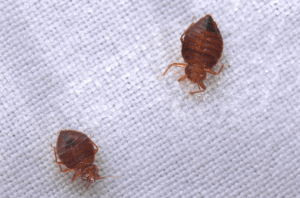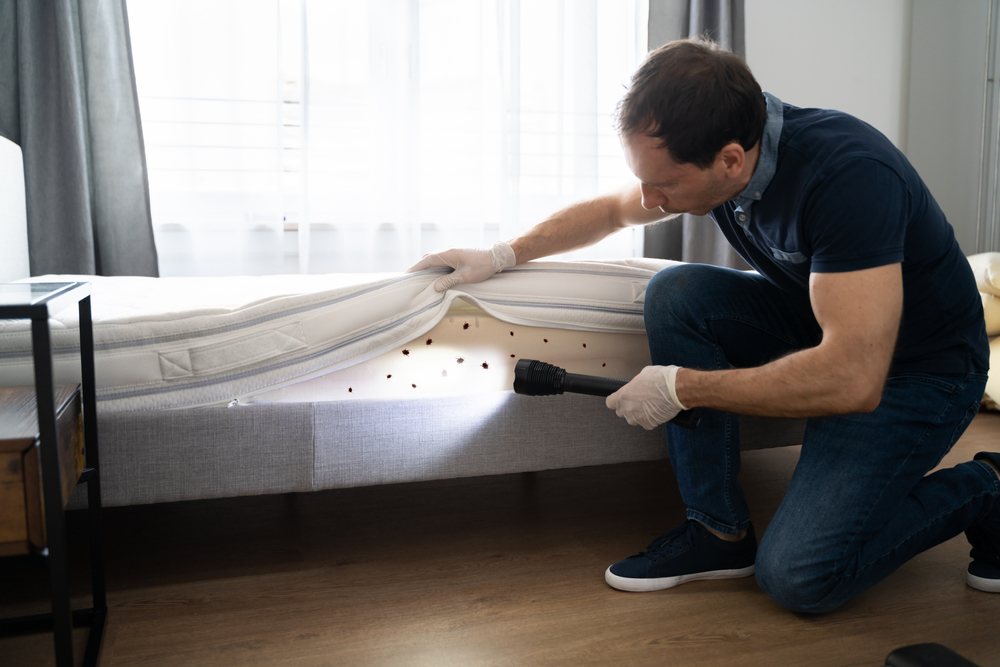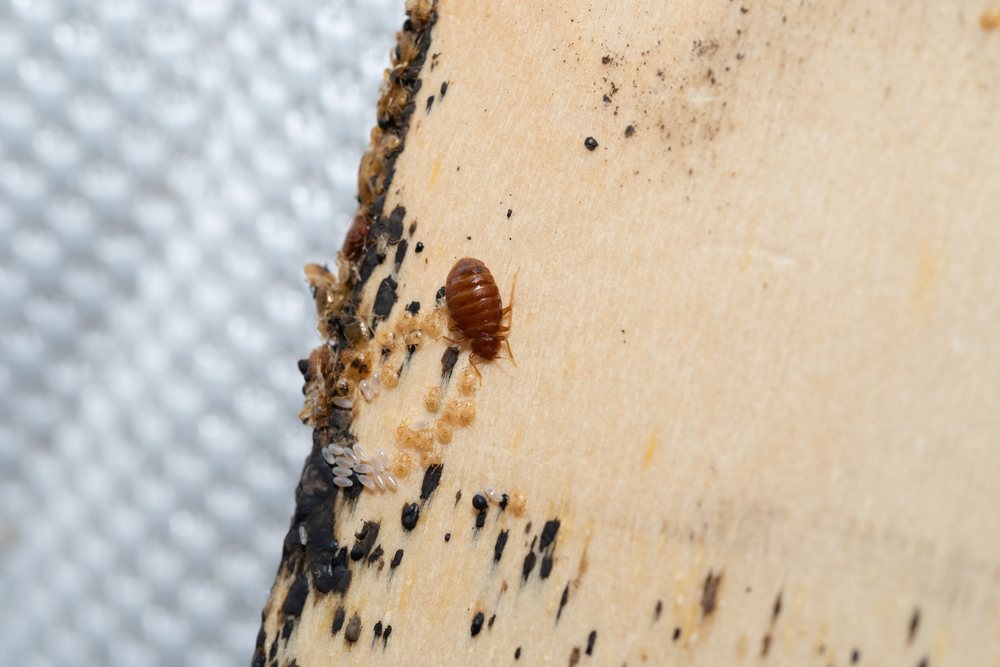It takes a while for a child to develop a strong immune system that will keep them protected from various illnesses, diseases, and outside influences. Even the common cold is more difficult for a child to go through than it is for a healthy adult.
As a result, whenever there’s a health risk, we’re naturally more concerned about how it will affect our children. And one of the most common public health risks is bed bugs.
Bed bugs exist in almost every corner of the world. Every US state and city has them, with the most affected cities, according to Orkin being Washington D.C, Baltimore, and Chicago.
If you have bed bugs in your home or are exposed to them in any way, your child could suffer the consequences the most. So, let’s see what those consequences are, how you can identify bed bug infestations, and how you can prevent them.
Identifying a Bed Bug Infestation
Unfortunately, it’s challenging to notice a bed bug infestation in its early stages. In warmer conditions, they need to feed more often, and you’ll likely notice the bites. But they can remain inactive in colder climates, so you may go weeks or months without knowing you have an infestation.
Since these pests can live for anywhere from a few days to well over a year without feeding in cool climates, you’ll need to look for other signs of infestation.
If you suspect that you have a bed bug infestation, you can confirm it by checking their most for signs of bed bugs. Although they’re called bed bugs, beds aren’t the only place they call home.
They’ll hide anywhere dark, warm, and calm. This includes:
- Mattresses
- All furniture
- Desks
- Closets
- Headboards
- Nightstands
- Carpets
- Behind walls
Finding a live bed bug will be a visible sign. Adult bugs are usually reddish-brown and about the size of an apple seed. They move rather quickly, and if you can’t catch them, then you’ll need to look for their droppings. They’ll appear as small red or black splotches on your sheets, clothes, or other surfaces.
Bed bug eggs will be rather easy to find as they don’t move. Eggs are small and typically translucent or yellowish.
How to Identify a Bed Bug Bite
While bites are the more obvious sign of a bed bug infestation, it’s easy to confuse bed bug bites for those of another insect. Fleas, mosquitoes, and spiders can all leave very similar bite marks.
The main difference between bed bug bites and those of another insect is that the former are seldom single bites. You’ll notice a group of multiple bites in one area, or they’ll appear in a linear formation.

The bite itself will not be felt because bed bugs inject anesthetics when they feed. Once the anesthetic wears off (generally after about 10 minutes), the bite becomes itchy.
If you aren’t sure whether you or your child have bed bug bites, it’s best to consult with a doctor. They’ll be able to tell you whether the bites come from bed bugs or not, and they’ll prescribe a treatment that should soothe the itching and prevent further complications.
Health Risks for Children
While bed bugs can be exceptionally irritating and detrimental to one’s quality of life, they rarely pose any severe health threats, even to children. However, complications can arise depending on the child, their immune system, and any medical conditions that they have at the moment.
The following are the significant health risks that bed bugs can bring to children.
Allergic Reaction
Typically, a bed bug bite is just itchy and uncomfortable, but if a child is allergic to it, it can become quite dangerous.
If it comes to an allergic reaction, the child can fall into an anaphylactic shock. This is a serious condition that requires immediate medical care. Symptoms of anaphylactic shock include:
- Difficulty breathing
- Abnormal heartbeat
- Nausea
- Fever
- Skin reactions
Most children shouldn’t have such a reaction to a bed bug bite. However, you should be careful if your child has other known allergies.
Infections
As previously mentioned, bed bug bites are incredibly itchy. It’s difficult enough as it is for an adult to control their urge for scratching the bite mark, let alone for a child.
If a child starts scratching the bite mark to the point where it starts bleeding, they can introduce bacteria into the wound and become susceptible to infections.
Insomnia or Trouble Sleeping
Insomnia is a fairly common condition caused by bed bug bites. Since the bites cause great discomfort and annoying itching, it can prevent the child from falling asleep.

Insomnia can then cause further problems. It can affect the child’s mood, their appetite, school performance, and can slow down immune responses and even cause mental health problems.
Anxiety or Mental Health Problems
Those living in a home with a bed bug infestation can suffer from a variety of mental health problems due to their circumstances. In children, the most common problem is anxiety. If the child already has insomnia due to their bed bug bites, the chances are higher that they’ll develop anxiety as well.
With all this in mind, there’s still no reason to panic if you have a bed bug infestation at home. While it’s important to be careful and keep informed about the health risks that bed bugs can pose to your children, complications rarely arise. In most instances, your child will have a few itchy bites that require topical treatment.
Contact The Bed Bug Lawyers Today!
Bed bug infestations can potentially be harmful to you and your children’s health and can result in considerable financial losses. You’ll need to cover for the medical bills of your child, take time off work to deal with the infestation, pay for the disinfection, and more.

A bed bug infestation is dangerous, and if another negligent person caused it, you may be eligible for compensation. Bed bugs can be transferred to your home from a hotel, the result of a negligent landlord who doesn’t ensure the safety of your apartment building or even come from your office or your child’s daycare.
If you’re dealing with bed bugs due to another’s negligence, contact Bed Bug Injury Law. We can potentially help you collect the evidence of their negligence and the resulting consequences you’ve suffered, and will guide you through the legal process if you have a case!




